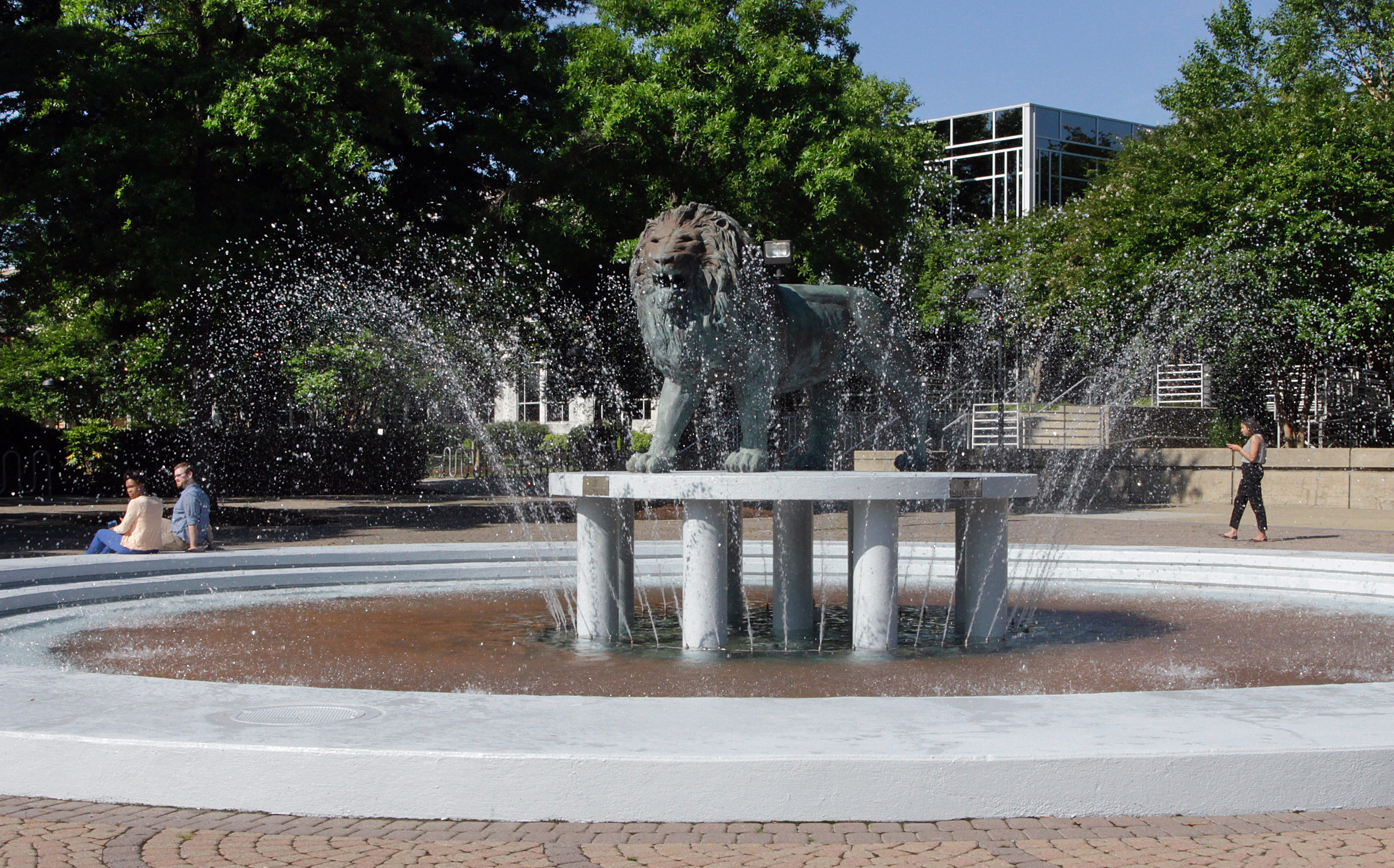REYES: Toward Simulating Laws of Nature...and its Implications for a Simulated Universe!
- Date/Time
- 03/30/2021 3:00 PM EST - 4:00 PM EST
- Location
- Online
- Fee
- Free
- Description
- The complexities of the visible Universe, from stars and galaxies, down to biological organisms and molecules and atoms, arise from a few fundamental laws -- laws that mostly have a quantum-mechanical and relativistic theoretical description. Can one set out these physical laws in a numerical simulation and build out the entire universe given enough computing power? Remarkably, scientists are making exciting progress in achieving this goal, although only small patches of matter have been yet simulated on our largest supercomputers. Quantum computation or other revolutionary advances in computing may expedite the progress in the coming decades and open new perspectives. I will highlight some of these activities and the characteristics of such first-principle simulations of nature. Moreover, I will also take a more dramatic step to argue this progress might be in favor of the Simulation Hypothesis - the notion that the Universe itself is a numerical simulation! As physicists, we are interested to know how to test this hypothesis in our experiments and look for potential signatures, and I will point out a few ideas that are being proposed.
Join Live Stream on day of Event

Zohreh Davoudi, Ph.D
Assistant Professor and RIKEN Fellow
Maryland Center for Fundamental Physics
University of Maryland, College Park
Dr. Zohreh Davoudi received her B.Sc. in 2007 and M.Sc in 2009 from Sharif University of Technology in Tehran, Iran. She then moved to the U.S. to continue her studies in Theoretical Physics. She received her Ph.D. in 2014 from the University of Washington in Seattle, and shortly thereafter joined the Massachusetts Institute of Technology's Center for Theoretical Physics as a post-doctoral research associate. She started her current position as an Assistant Professor of Physics at the University of Maryland, College Park in 2017. She was also affiliated with the RIKEN research program from 2017-2020. She studies strongly interacting systems, such as hadrons and nuclei, using analytical and computational methods including effective field theories, lattice quantum chromodynamics, quantum simulation, and quantum computing. She is a recipient of the Kenneth Wilson Award in Lattice Gauge Theory in 2018, the Alfred P. Sloan Fellowship, and the U.S. Department of Energy's Early Career Award in 2019.


